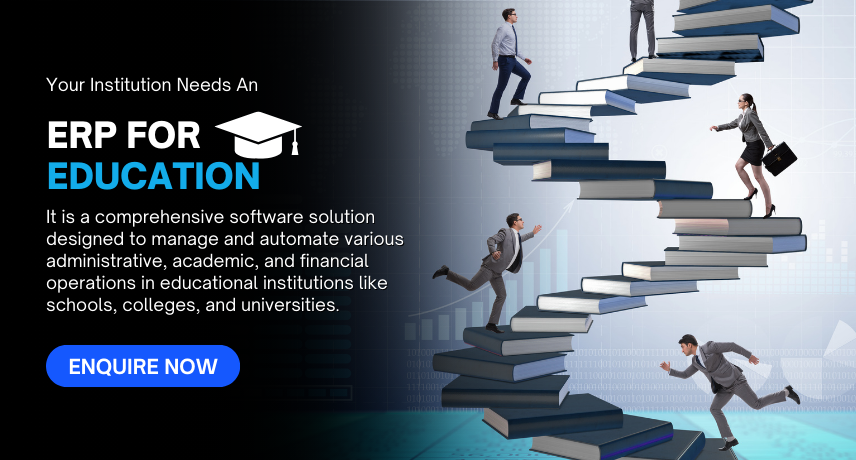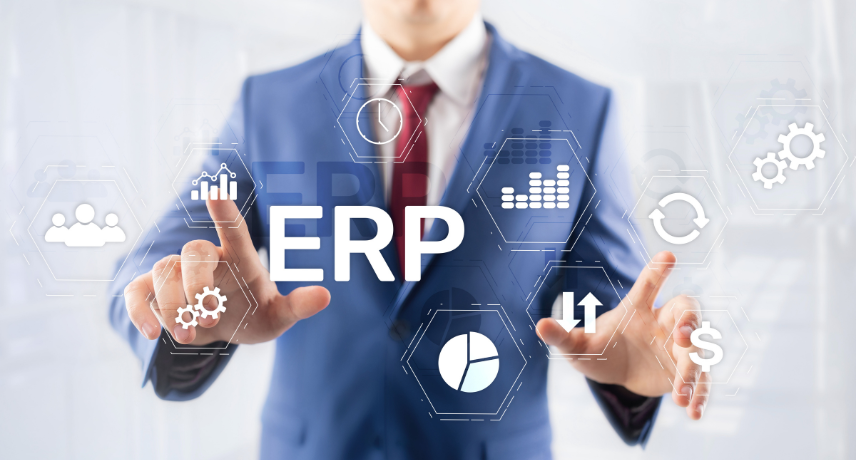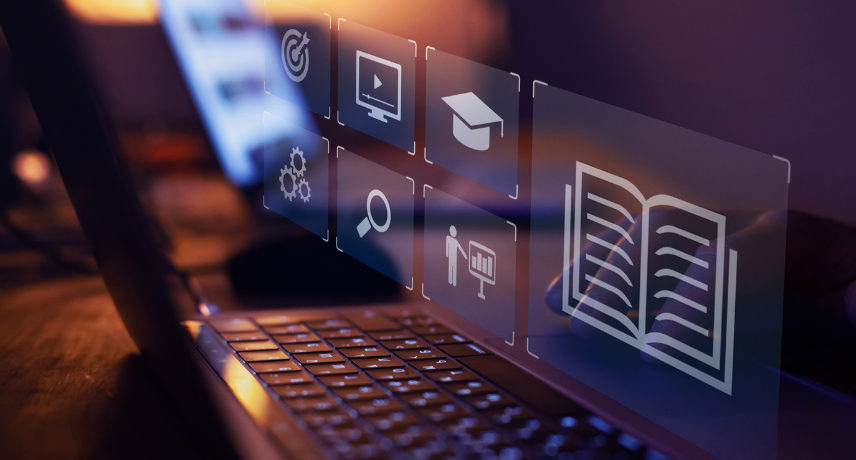Enquiry Form
What is an ERP For Education?
An ERP (Enterprise Resource Planning) system for education is a comprehensive software solution designed to manage and automate various administrative, academic, and financial operations in educational institutions like schools, colleges, and universities. It integrates multiple departments into a single platform, improving efficiency, reducing manual work, and enhancing communication.
What are the Best Features of ERP For Education?
Here Are 15 Features of ERP For Education

Student Information System (SIS):
Stores student records, attendance, grades, and performance reports.
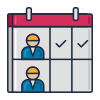
Admission & Enrollment Management:
Automates the admission process, online applications, and fee collection.

Fee & Finance Management:
Handles tuition fees, scholarships, payroll, and budgeting.

Attendance Tracking:
Digital attendance with biometric, RFID, or mobile-based tracking.

Learning Management System (LMS) Integration:
Supports online learning, course management, and e-learning resources.

Exam & Result Management:
Online test scheduling, grading, and report generation.

Library Management:
Tracks books, issue/return processes, and digital resources.

Hostel & Transport Management:
Manages student accommodation, bus routes, and vehicle tracking.

HR & Payroll Management:
Automates faculty and staff payroll, leave, and performance tracking.

Timetable & Scheduling:
AI-based scheduling for classes, exams, and events.

Communication & Notifications:
SMS, email, and mobile app alerts for students, parents, and staff.

Alumni Management:
Maintains alumni records and engagement programs.

Inventory & Asset Management:
Tracks institutional assets like computers, lab equipment, and furniture.

Multi-Branch Management:
Centralized control for institutions with multiple campuses.
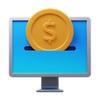
Data Analytics & Reports:
Insights into student performance, faculty efficiency, and financial trends.
Benefits of ERP For Education
- Centralized Student Data Management: Stores and organizes student records, grades, attendance, and performance reports in one place.
- Automated Admission & Fee Processing: Simplifies online applications, fee payments, and receipt generation, reducing manual work.
- Enhanced Communication & Collaboration: Facilitates seamless interaction between students, teachers, parents, and administrators via SMS, email, and mobile apps.
- Improved Academic & Exam Management: Automates exam scheduling, grading, and result publishing for a smoother academic process.
- Efficient HR & Payroll Management: Manages staff salaries, attendance, leave tracking, and recruitment efficiently.
- Optimized Resource & Inventory Management: Tracks books, lab equipment, classrooms, and other institutional assets to prevent mismanagement.
- Better Financial & Budget Control: Provides real-time insights into expenses, revenue, and financial planning.
- Online Learning & LMS Integration: Supports e-learning, digital assignments, and remote education for a flexible learning environment.
- Smart Attendance Tracking: Uses RFID, biometric, or mobile-based attendance systems to minimize errors and improve accuracy.
- Data Security & Compliance: Ensures secure data storage with role-based access, encryption, and compliance with educational regulations.
For which 5 Industries Can ERP For Education Be Useful?

Streamline administration, enhance communication, and improve academic management.
- Automated attendance tracking
- Timetable and exam scheduling
- Parent-teacher communication portals
- Fee collection and accounting
- Student performance reports

Improve operational efficiency and student engagement.
- Admission and enrollment management
- Course scheduling and faculty allocation
- Hostel and transportation management
- Library automation

Manage large-scale academic and administrative operations with ease.
- Multi-campus coordination
- Research project tracking
- Alumni management systems
- Payroll and HR management
- Centralized financial control

Optimize course delivery and learner experience.
- Batch and course scheduling
- Instructor performance tracking
- Certification management
- Online registration and payment portals
- Student feedback systems

Support scalable, efficient digital education delivery.
- Integrated learning management systems (LMS)
- E-learning content hosting
- Automated student progress tracking
- Virtual classroom integration
- Subscription and payment management
How to Choose the Best ERP For Education
Selecting the right ERP software for educational institutions is crucial for streamlining operations, improving efficiency, and enhancing the learning experience. Here are the key factors to consider when choosing the best Education ERP:

- Identify Institutional Needs: Assess challenges and required features.
- Check Essential Features: Look for student management, fee processing, LMS, and HR modules.
- Choose Cloud or On-Premise: Cloud offers flexibility, while on-premise gives more control.
- Ensure Integration & Compatibility: The ERP should work with existing LMS, finance, and attendance systems.
- Prioritize Security & Data Privacy: Ensure encryption, role-based access, and compliance with regulations.
- Consider User Experience & Mobile Access: Opt for an intuitive dashboard with mobile support.
- Compare Pricing & Vendor Support: Check costs, scalability, customer reviews, and after-sales service.
Transform Education Management with Powerful ERP for Education Solutions
Discover how ERP for Education streamlines administration, enhances student engagement, and improves overall institutional efficiency. Learn how modern ERP systems revolutionize campus management.
Latest News
Stay updated with latest industry information
